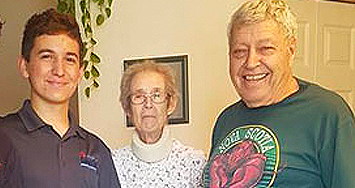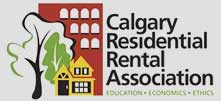
Smoke permeated our homes during the wildfires of 2018. Unfortunately, the wildfires of 2019 arrived earlier than expected and are projected to linger. B.C. Premier Horgan recently stated that “we experienced the first fires of the year back in April, which is far beyond what is considered a normal fire season.” A municipal reeve in Saskatchewan remarked in April that “conditions are fiercely dry.” While composing this article, we see reports of “an out-of-control wildfire raging northwest

STAY INFORMED
How can you remain informed about happenings in your community? Regularly monitor public service announcements on local channels (e.g., television, radio, online). Pay attention to public service announcements. Older individuals and those with heart or lung conditions are at a higher risk of illness due to smoke. Check in on those who live alone. Keeping doors and windows shut to block out smoke may cause your home to become quite warm. Be alert for signs of heat-related conditions, such as heat exhaustion or heat stroke. Activate your air conditioner, ventilation system, or furnace fan. Identify safe locations in your community where you can go if instructed to shelter in place, such as community centers and shopping malls. If you’re in the vicinity of a wildfire, be prepared to evacuate.
HEALTH CONCERNS
What should you do if you have asthma or concerns related to your heart, lungs, or COPD? Monitor your health closely. Take your medications regularly as directed. Keep a week’s supply of medications available. If you intend to use a portable air purifier, choose one that is suitable for the size of the room (according to the manufacturer’s guidelines) and acquire it before a smoke emergency occurs. Avoid using units that may generate ozone. If you have any health issues, consult your nurse or doctor or reach












